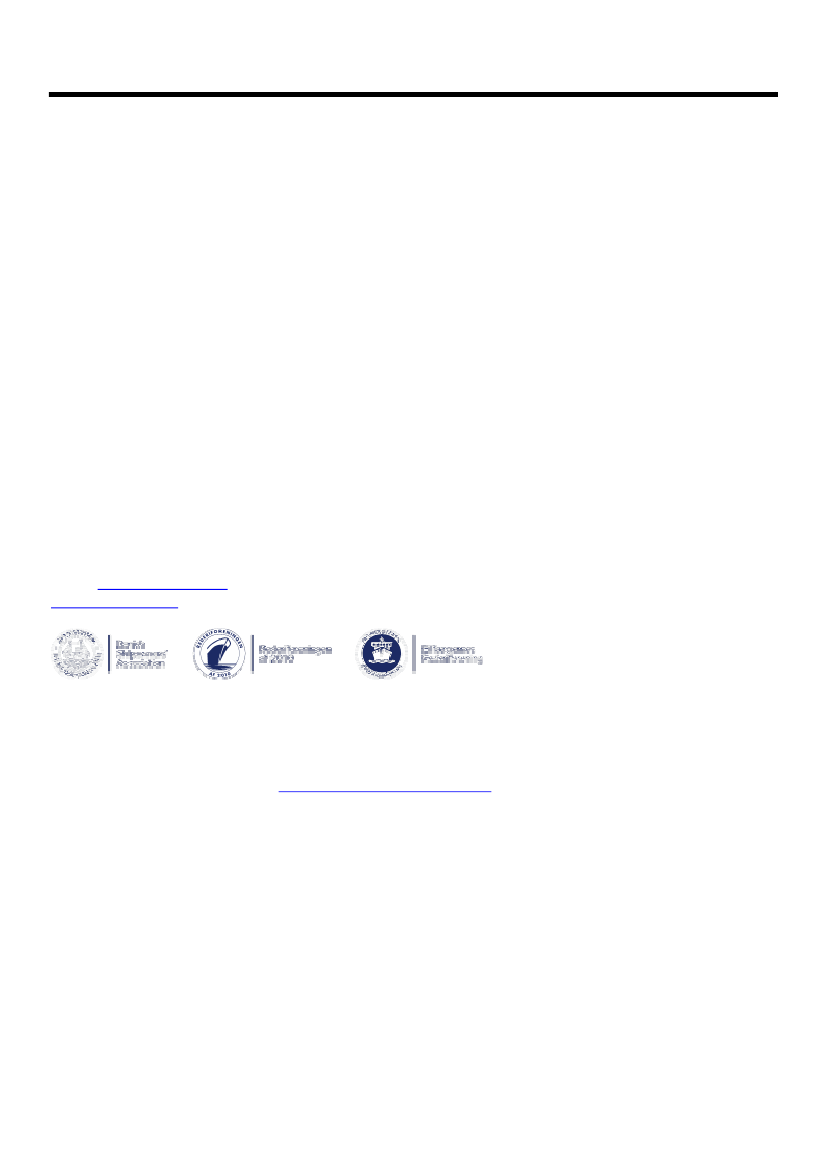
Lissie Klingenberg Jørgensen
Fra:
Sendt:
Til:
Cc:
Emne:
Vedhæftede filer:
Opfølgningsflag:
Flagstatus:
Maria Bruun Skipper <[email protected]>
10. september 2015 11:30
Berit Hallam; Lissie Klingenberg Jørgensen
Per Winther Christensen; Simon Christopher Bergulf; Jesper Stubkjær
Brev til ministeren vedr. Hong Kong konventionen
Fællesbrev til miljøminister Eva Kjer Hansen.pdf
Opfølgning
Afmærket
Kære Berit og Lissie,
Tak for et godt møde i tirsdags. Som aftalt og blot til orientering får I her brevet til ministeren, som går afsted i dag.
Dermed er kronikken også på trapperne.
Dbh. Maria
Maria Bruun Skipper
Underdirektør // Director
Security, Health, Environment and Innovation
Danmarks Rederiforening/Danish Shipowners' Association
Phone: +45 3311 4088/Direct: +45 3348 9286
Mobile: +45 2128 4966
E-mail:
www.shipowners.dk
______________________________________________________________________
This email has been scanned by the Symantec Email Security.cloud service.
For more information please visit
http://www.symanteccloud.com
______________________________________________________________________
1